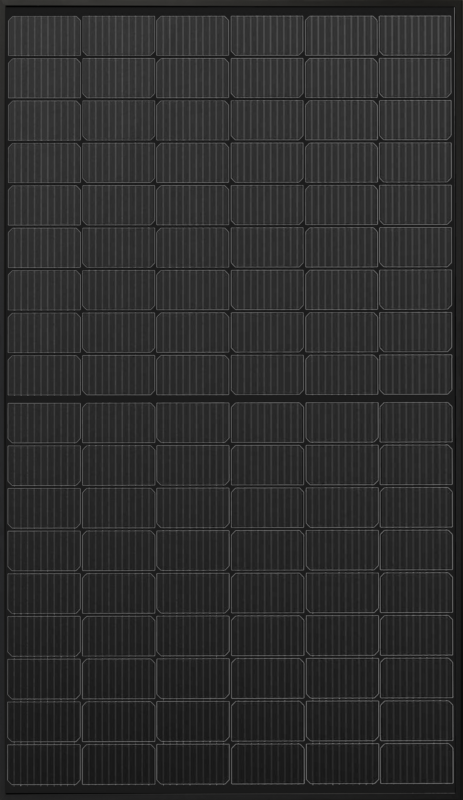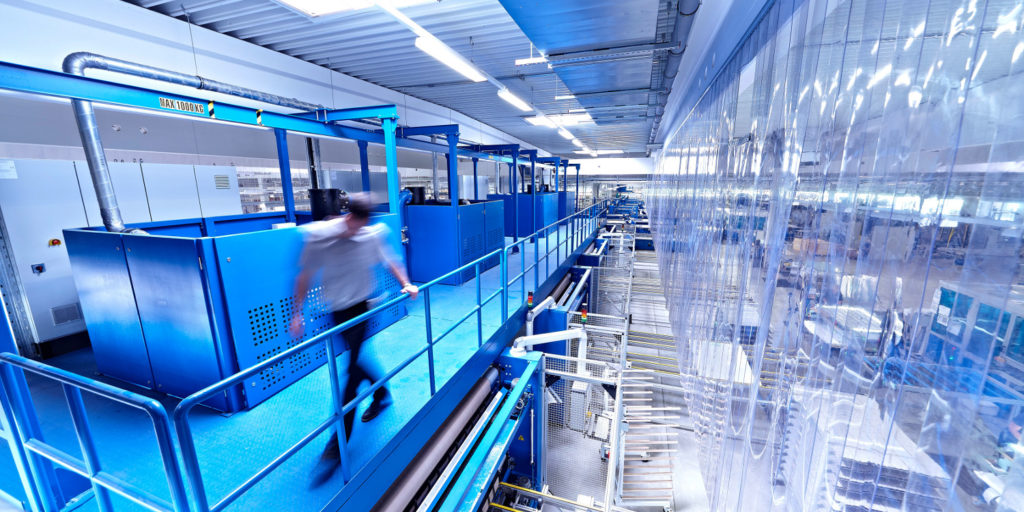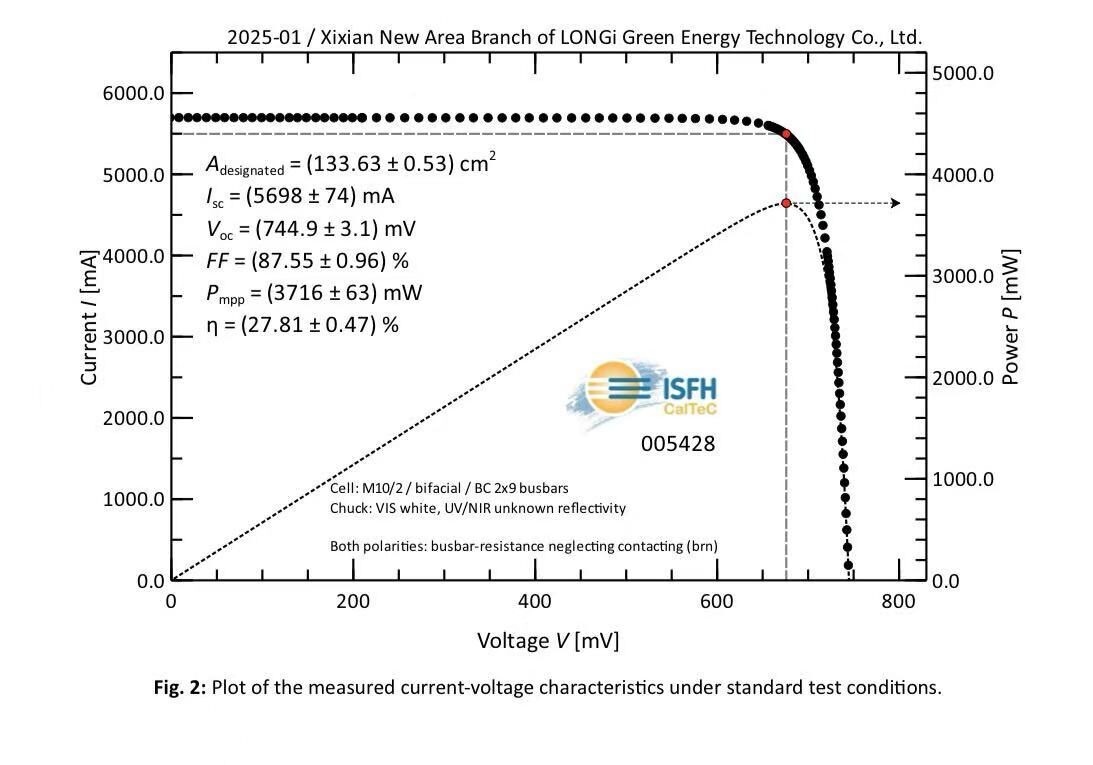Sonnenstromfabrik (CS Wismar GmbH) is expanding its 200MW solar module manufacturing operations in Wismar, Germany, to include a new 300MW line, managing director Bernhard Weilharter has told pv magazine. The goal is to ramp up in Q2 of this year, with mass production slated for Q3.
The German company has signed a memorandum of understanding with Norway-headquartered REC Group under which the parties intend to enter into a mutual cooperation agreement to implement the latter’s patented split solar cell and junction box technology (EP 3 017 520) for the manufacture of two new PERC module products featuring half cut solar cells and large format wafers. The mutual cooperation agreement will also include a license to REC’s EP 3 017 520 patent.

Image: REC Group
The partnership
Commenting on the reason for the partnership, Weilharter said it was “unavoidable” due to the trend towards larger format wafers. “Cells must be cut to reduce currents to a level that can be handled by inverters. REC's innovative technology has been widely recognized in the industry for enabling unmatched gains in performance and efficiency,” he said.
Sonnenstromfabrik’s original plan was to introduce products with larger wafers at a later stage; however, this was brought forward and in 2020, the company received board approval to purchase new equipment.
Unfortunately, machines to cope with wafer sizes larger than 166mm were not available in Europe. “We know that the cell manufacturers are going towards 210 and even 220mm so we either had to buy Asian equipment or develop our own,” Weilharter said. In the end, the company chose to build new stringer and interconnection equipment that could deal with wafer sizes up to 220mm, together with an Italian manufacturer.
Strategy pivot
“Our plan was to have a new module design which was based on 210mm wafers in a third cut cell design, quite similar to what you see today,” continued Weilharter. However, the technological development of inverters required to support these larger sizes did not keep pace, and Sonnenstromfabrik found that many of the existing products could not handle the bigger currents.
Thus, the company changed its product development strategy, away from a module design with 210mm wafers and third cut cells, to a design featuring 182mm wafers and half cut cells. “That's basically the point where the challenge started,” said Weilharter, “because this would require us to use the half cut design patented by REC.”
Since it was not possible to find a technical alternative, Sonnenstromfabrik approached REC to see if a commercial agreement could be reached.
Agnieszka Schulze, spokesperson at REC Solar EMEA GmbH told pv magazine, “While we need to protect our technology, such a consulting agreement is the best way for everyone, because our efforts and investments are recognized, but at the same time we support a stronger adoption of innovative solar PV technology in the interest of consumers.”
In addition to the parties avoiding any patent disputes, REC will also provide consulting services to Sonnenstromfabrik under the agreement. “It gives us a head start and it gives a stable solution for us and for our customers for the next two years,” Weilharter explained.
Commenting on the uniqueness of REC’s patented technology, Schulze continued, “It's the combination of cut cells and the split junction box technology and putting these both together while providing reliability and high performance.”
The details
Overall, Sonnenstromfabrik will offer three different product sizes, ranging from 355 to 490W. Details of these emerged last September when the company unveiled three new formats for its glass-film and glass-glass PV modules.

Image: Sonnenstromfabrik (CS Wismar GmbH)
At the time, it said the smallest of the three module series will feature full black products with a size of 1,560 x 1,145mm and a maximum output of 350W. The company will also offer a Full Black & Smart module series measuring 1,745 x 1,145mm, with a power output of up to 400W. Both series are available as glass-backsheet and glass-glass solar modules. The largest product will feature glass-backsheet modules with a size of 2,110 x 1,145mm and an output of 490W.
The smaller solar modules are intended for use in the residential and commercial PV rooftop market, while the most powerful are more suitable for ground-mounted PV projects.
Weilharter added, “First of all, we will work on P-type PERC but once this is stabilized, we will also look into alternative cell technology to further improve on the power density and REC will be an important know-how source for us to improve here.”
In terms of the markets it is targeting, Sonnenstromfabrik will continue to primarily focus on Western Europe, in places like Germany, France, Benelux, Switzerland, Austria, and Scandinavia.
Sustainability considerations
Sustainability is also a key priority for both REC and Sonnenstromfabrik. Indeed, Sonnenstromfabrik plans to extend its low carbon principles, which were initially applied in 2016 for its modules on the French market, to its entire product range. To achieve this, it will carry out life cycle assessments for all of its products going forward and will also produce an annual sustainability report to track progress.
Meanwhile, REC not only produces its wafers in Norway using hydro energy, but it also focuses on upcycling kerf via a “unique new kerf processing technology” – during the standard wafer slicing process, around 30% of the silicon remains as waste, or kerf – to reuse it in cells and modules, said Schulze. “This allows us to better protect the environment by avoiding mining activities and lowering the energy consumption by up to 85% compared to conventional Siemens-process as used mainly in China,” she added. The company also produces “polysilicon with the lowest carbon footprint,” she added.
This content is protected by copyright and may not be reused. If you want to cooperate with us and would like to reuse some of our content, please contact: editors@pv-magazine.com.




1 comment
By submitting this form you agree to pv magazine using your data for the purposes of publishing your comment.
Your personal data will only be disclosed or otherwise transmitted to third parties for the purposes of spam filtering or if this is necessary for technical maintenance of the website. Any other transfer to third parties will not take place unless this is justified on the basis of applicable data protection regulations or if pv magazine is legally obliged to do so.
You may revoke this consent at any time with effect for the future, in which case your personal data will be deleted immediately. Otherwise, your data will be deleted if pv magazine has processed your request or the purpose of data storage is fulfilled.
Further information on data privacy can be found in our Data Protection Policy.